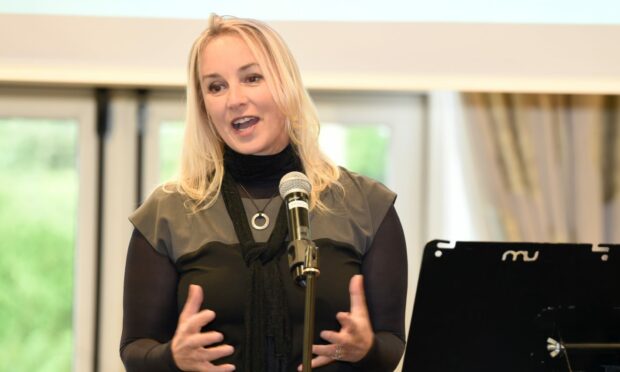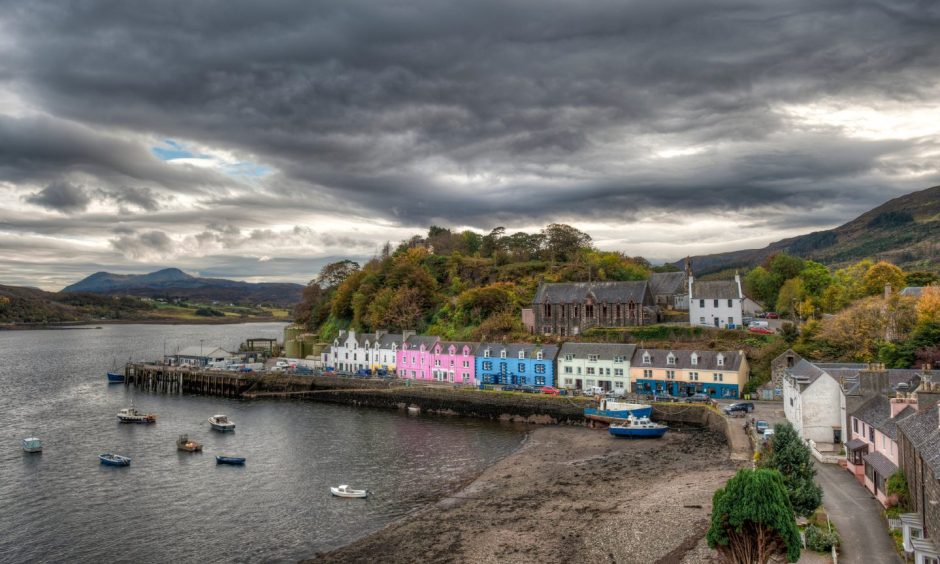Struggling Highland hospitality firms are being hit by a “perfect storm” as stricter rules on immigration take effect, an Inverness pub boss has warned.
Jo de Silva, who runs MacGregor’s in the city, said bars and restaurants are finding it incredibly difficult to recruit and retain staff.
She claimed it will now get even harder due to new visa requirements for any workers from abroad arriving in Britain.
Controversial new rules introduced by the Tories mean immigrants will need to earn a minimum of £38,700 to work in Scotland.
That’s up from the previous £26,200 threshold.
While net migration hit record levels of more than 700,000 in last year’s figures, much of the Highlands remain sparsely populated.
‘The people just aren’t there’
Speaking to the BBC Sunday Show, Ms de Silva said: “Hospitality in the Highlands is incredibly stretched.
“Given the fact the tourist season is just beginning now, it is really difficult to recruit.
“The people just aren’t there. We know that pubs are struggling.”
The impacts of Brexit, the Covid pandemic, and the cost-of-living crisis have all been blamed for many of the difficulties facing the hospitality sector.
Ms de Silva said the new salary requirements would be “unattainable” for anyone wanting to work in a pub like hers.
She added: “It really is an absolutely perfect storm.
“I have seen absolutely nobody come up with a feasible, workable solution to this.”
Last year, business owners on Skye said they were limiting their opening hours because they were unable to find staff.
A lack of accommodation on the island was among multiple factors blamed for the crisis.
Ms de Silva pointed out Scottish bars and restaurants do not get the same support when it comes to rates relief as businesses in England.
Scottish Tory MSP Murdo Fraser said: “Closures and job shortages in the Highlands are a direct result of the SNP’s failure to pass on the funding that the UK Government provided for business rates relief.”
Drew Hendry, SNP MP for Inverness, Nairn, Badenoch and Strathspey, said: “The Tories, through Brexit and cruel anti-immigration policies, have decimated industries such as hospitality and retail, forcing many businesses to shut shop or take on enormous debts.
“Small businesses in Scotland have been made to pay a heavy price for a Brexit most Scots didn’t vote for and continue to oppose.”
Donald Houston, an economics professor, was speaking about the difficulties facing hospitality firms alongside Ms de Silva on the Sunday Show.
He warned the Highlands had been “very badly hit” by immigration policies and changes in the labour market due to attracting less immigrants than much of England.
“It’s difficult to see how current labour shortages can be tackled without immigration,” he said.
In December, Aberdeen business chiefs said the Tory immigration curbs were the “polar opposite” of what Scotland’s north-east needs.
We reported how Western Isles residents were left fearing for their future as a consequence of the new policy.


Conversation